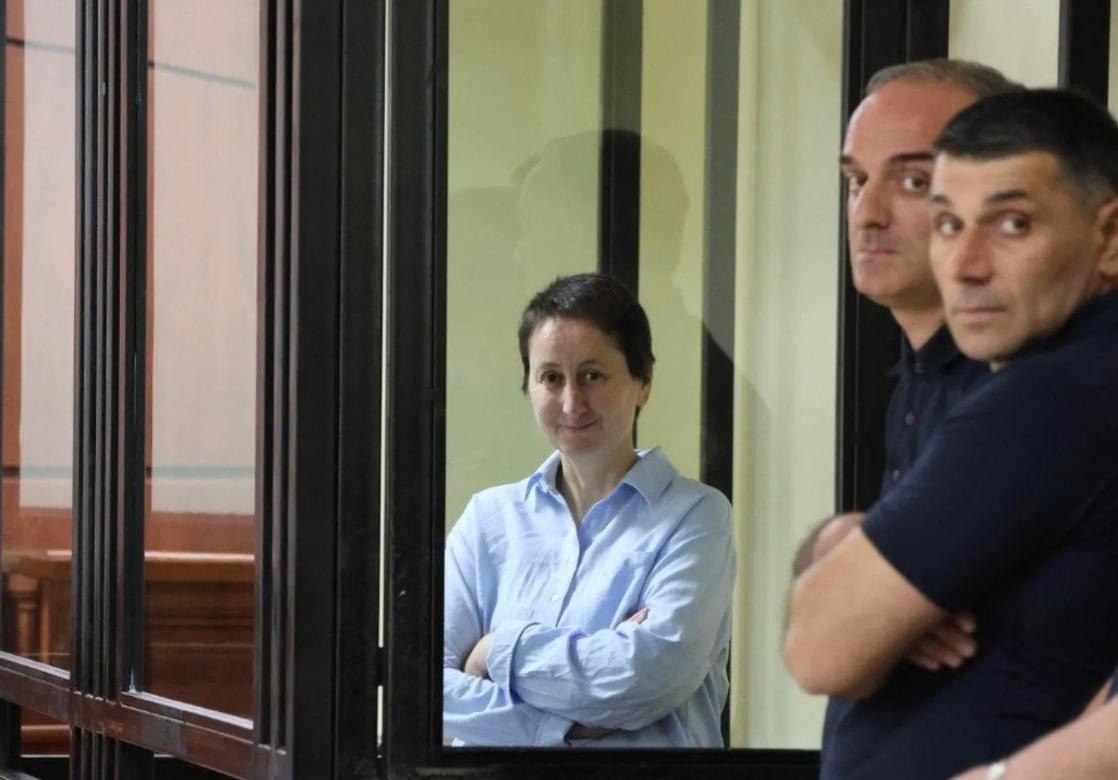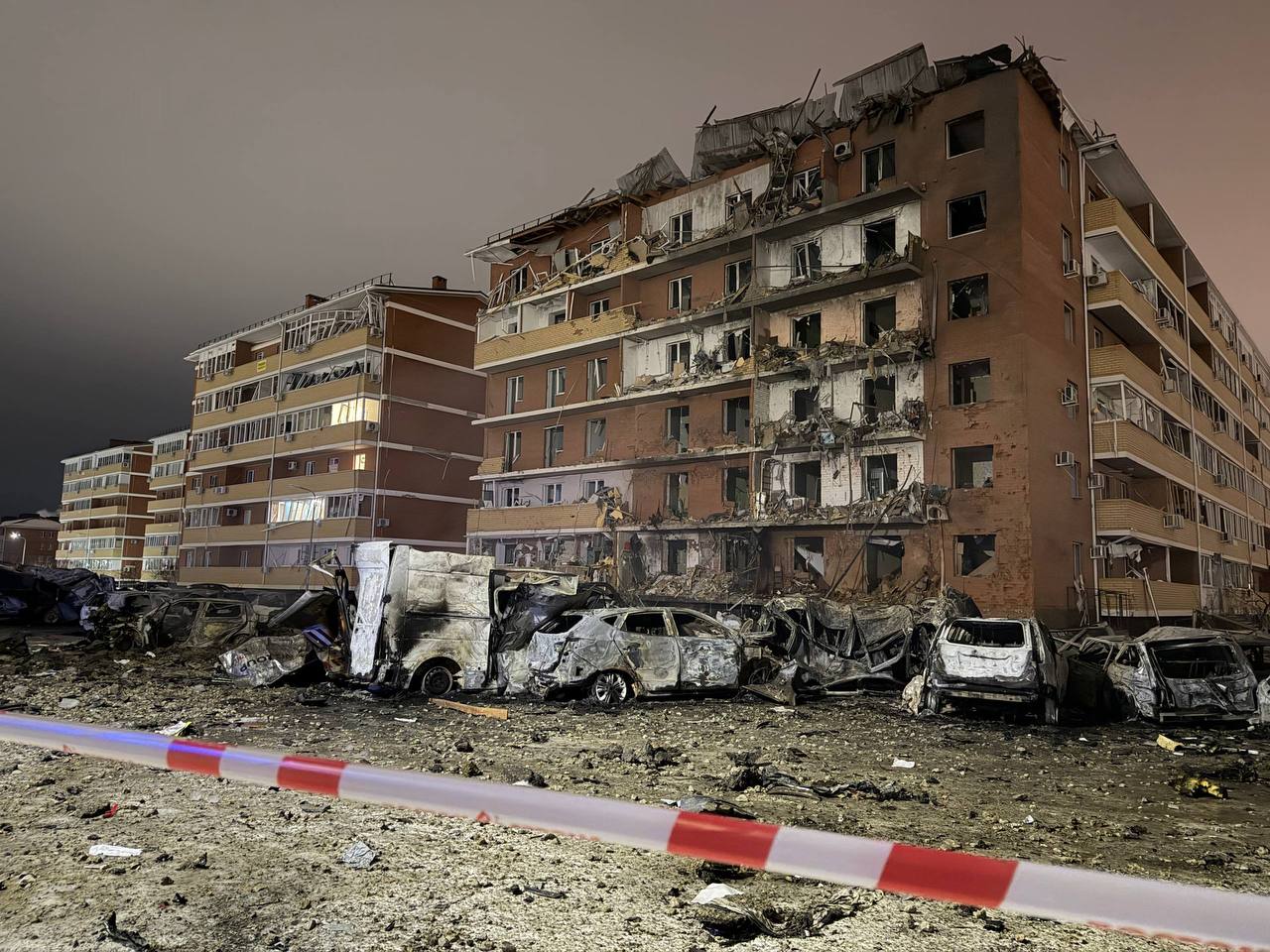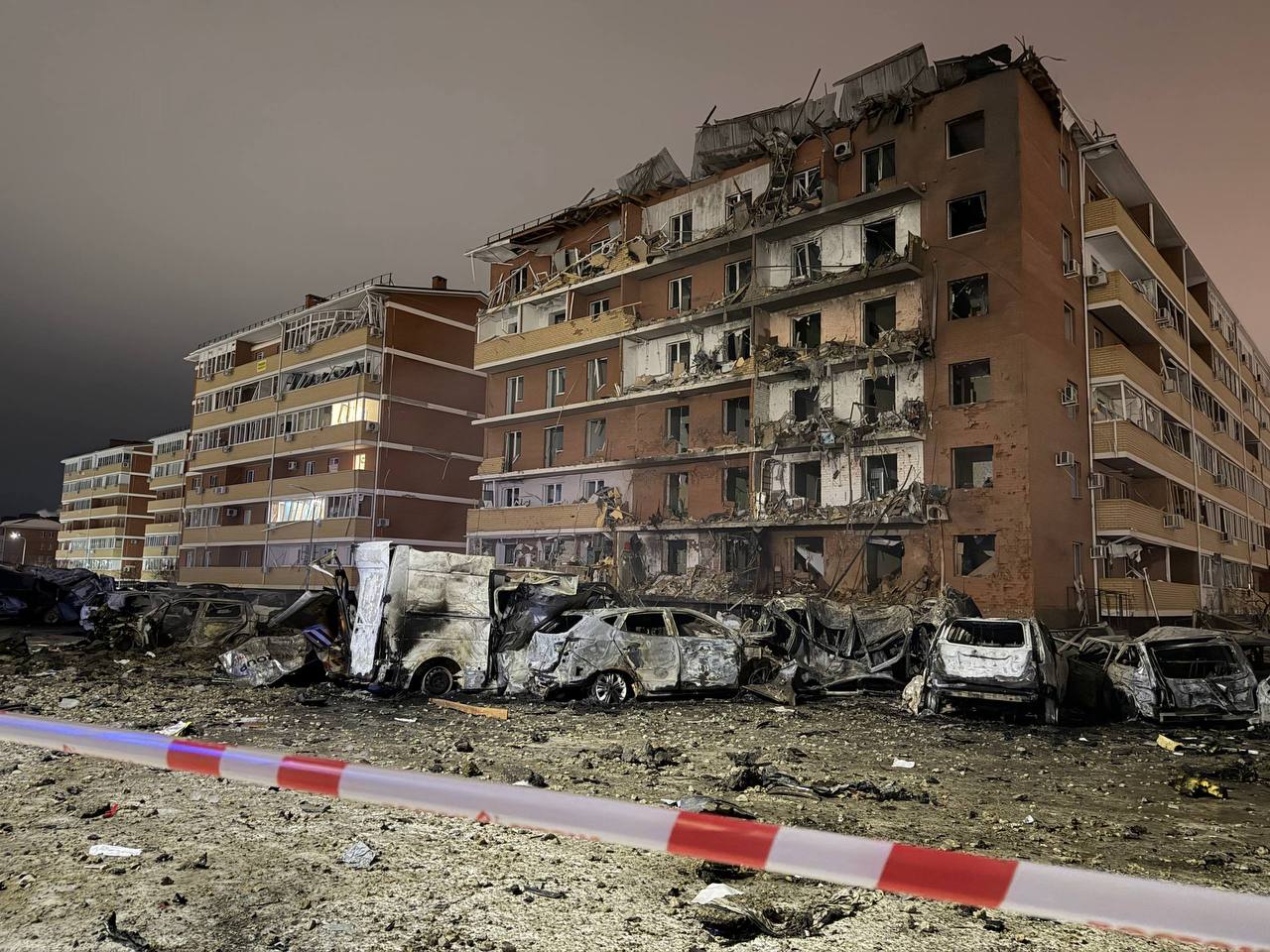The health of Adam Kadyrov, the son of Chechen leader Adam Kadyrov, who was injured in a traffic accident in Grozny, is improving, according to the Agency, citing sources close to the Russian presidential administration and the Chechen authorities.

Mzia Amaglobeli, founder of the publications Batumelebi and Netgazeti, who is serving time in Georgia, has been awarded the European Union's highest human rights award, the Sakharov Prize. She also received the same honor from Belarusian journalist Andrzej Poczobut. The €50,000 prize will be presented in absentia to the laureates in Strasbourg on December 16.
In addition to the winners, the nominees included Serbian students who have been protesting against the government in Belgrade for over a year, as well as journalists and humanitarian workers in Palestine.
The Sakharov Prize for Freedom of Thought, named after the Russian scientist and dissident Andrei Sakharov, was established by the European Parliament in 1988. It is awarded annually to individuals or public organizations that have distinguished themselves in the protection of human rights and fundamental freedoms.
Georgia's fifth president, Salome Zurabishvili, congratulated Mzia Amaglobeli on receiving the award. On the social media platform X, she wrote that "this recognition is a tribute not only to her voice, but also to the spirit of a free and dignified Georgia – a country determined to continue the fight for a European future."
In August of this year, the Batumi City Court sentenced the journalist to two years in prison. She was found guilty under Article 353 of the Criminal Code of Georgia, which pertains to resisting, threatening, or using violence against a law enforcement officer or other public official. Penalties under this article range from a fine and house arrest to a prison term of two to six years.
Following the verdict, 24 diplomatic missions issued a unified statement, including those of EU countries, the United Kingdom, and Canada, as well as the embassies of Ukraine, Norway, Iceland, and other countries that are members of the Media Freedom Coalition. The ambassadors' statement emphasized that Amaglobeli's sentence was "disproportionate and politicized." They also noted that her prolonged pretrial detention had negatively impacted her health, particularly her vision.



